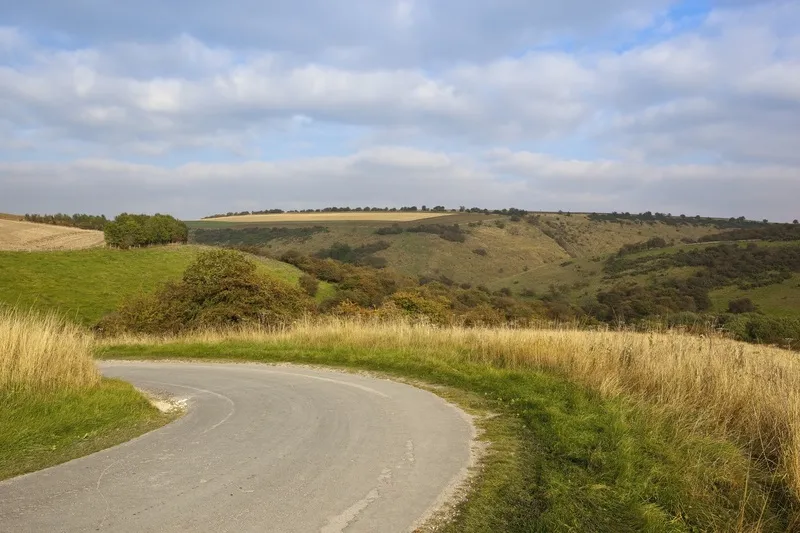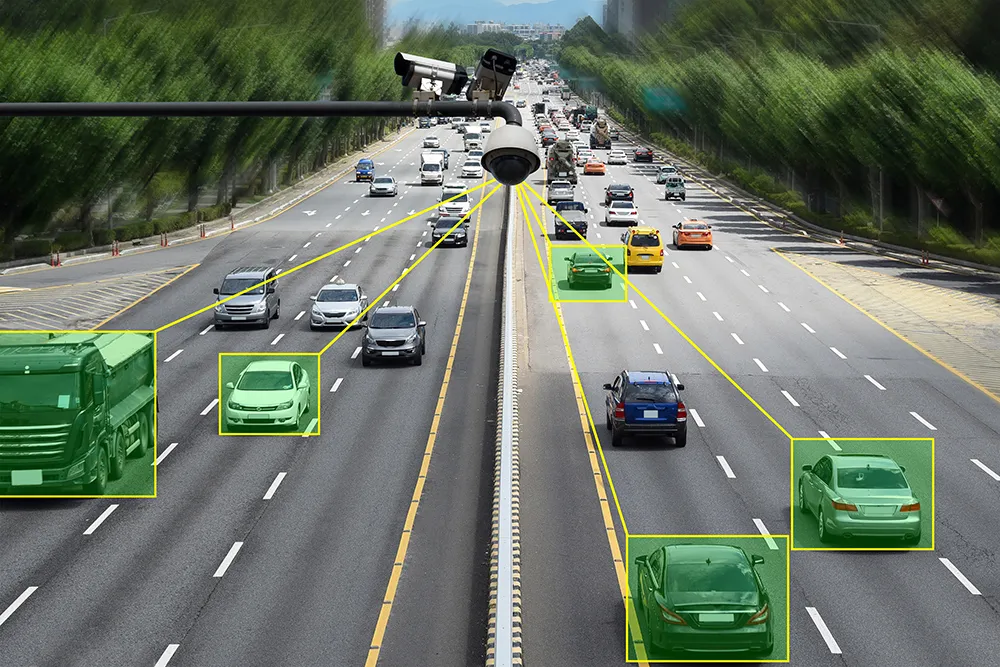
Road Edge Detection is designed for country driving at speeds of 45-70mph and uses a camera located below the rearview mirror to monitor road edges 50m in front of the vehicle and 7m to the side, the company adds.
Rüdiger Kieneke, Ford driver assistance and safety electronics engineer, says: “Rural roads can be every bit as challenging for drivers as urban streets – especially for those who may be unfamiliar with their route. Road Edge Detection helps alleviate one concern to make journeys more comfortable and easier.”
The system's advanced algorithm is expected to determine when there are clear structural changes from the road to the nearby area while also offering steering support on roads when lane marking is obscured or hidden by leaves, snow or rain.
According to Ford, the system vibrates the steering wheel if the driver is still close to the edge following initial steering support.










